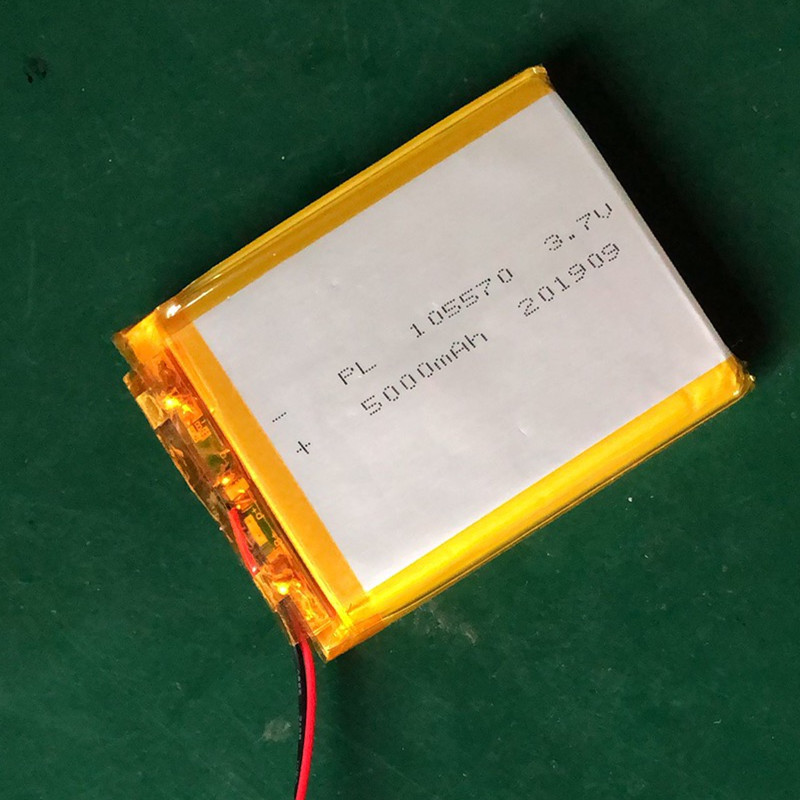In contrast to conventional batteries, soft-packed polymer lithium-ion batteries provide enhanced safety as they cannot explode. Any issues arising are purely technical and pose zero safety risks
Their discharging capability is notably stable, safeguarding against any hindrance to electronic devices’ operation. Utilizing colloidal electrolytes, these batteries feature smooth discharge characteristics and elevated discharge platforms.
Their internal resistance is significantly reduced. Currently, the content of Jiefucheng Electronics’s soft-packed polymer lithium-ion batteries remains below 40m Ohms, minimizing inner energy wastage. This benchmark complies with international regulations and aligns well with global practices.
They achieve an optimal thickness of 2mm and thus consume lesser space. Furthermore, these batteries occupy lesser space within equipment.
Soft-packed polymer batteries are lightweight and portable. They weigh approximately 50% less than equivalent steel-cased lithium cells and 30% less than aluminum-cased counterparts.
Acupuncture, Low Temperature Explosion-Proof 18650 2200mah
Acupuncture, Low Temperature Explosion-Proof 18650 2200mah
Adheres to Exic IIB T4 Gc explosion protection standards
Charge temperature range: 0~45℃
-Discharge Temperature Range: -40~+55℃
Maximum discharge rate at -40℃: 1C
Capacity retention rate at -40°C (0.5 discharge):≥70%
The exceptional capacity of soft-packed polymer lithium-ion batteries is notable. With their high inventories, various sizes, shapes, and capacity variations can be tailored based on user requirements. Given these features, nearly all contemporary mobile phones utilize soft-pack polymer batteries.
Polymer lithium-ion batteries adopt aluminum-plastic soft packaging, contrasting with fluid batteries’ metallic casing. In case of danger, fluid batteries are likely to explode, whereas polymer ones will at most bulge, preserving the battery performance.




